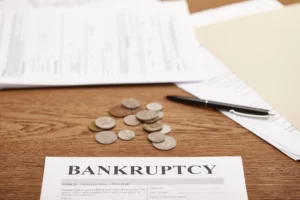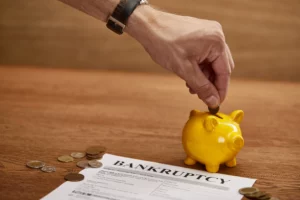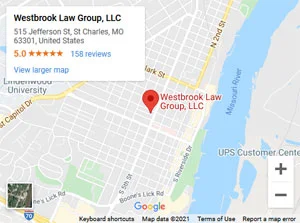As a consumer, it is important to stay calm if a debt collector calls. You have many ways to handle the calls, including asking them to stop contacting you. The Fair Debt Collection Practices Act (FDCPA) makes it illegal for collectors harass, oppress or abuse you or anyone else they call about a debt.
When a debt collector calls you, they must identify themselves and tell you who they are. If they have not given you that information, you have a right to ask and know before continuing a conversation.
It may be helpful to keep a collections log your contact with a debt collector. Consider including the time and date when they called, who you spoke with and what they said along with what debt they are calling about. It will help you keep track of the frequency of the calls and will be helpful should you have an issue.
Discuss your situation with the collector. If you truly can’t pay, you may want to say that. The collector may not discharge your debt, but they may be more inclined to move onto another person or at least not push the case further.
You also may write the debt collector and ask them to stop contacting you, if that is what you want. You may want to take careful consideration before you request this action though. It doesn’t make the debt disappear and closes the lines of communications. This means if you hear from them again, it may just be to serve you with a lawsuit.
Make sure to be forthcoming about your current phone number and address. Hiding pertinent information may serve them if you ever have a lawsuit filed against you for the debt. Debt collectors also may legally contact friends and family if they can’t contact you.
There are a few things you should not do, however, when a collector calls. First of all, never share your personal financial information including bank account numbers, social security information or any information regarding the wroth of property you own. The only exception is providing banking information when you call to make a payment on a debt.
Secondly, don’t lose your cool! If you get angry, scream or threaten the debt collector, it could be used against you in court.
Finally, you should never admit the debt is valid and don’t make promises about the debt, which could be interpreted as a new contract, extending the statute of limitations. Additionally you do not want to make a “good faith” payment, which may also extend the statute of limitations.
If debt collectors contact you, you may want to consider contacting our offices. Our experienced bankruptcy attorneys can help examine the whole situation and walk you through your options.






